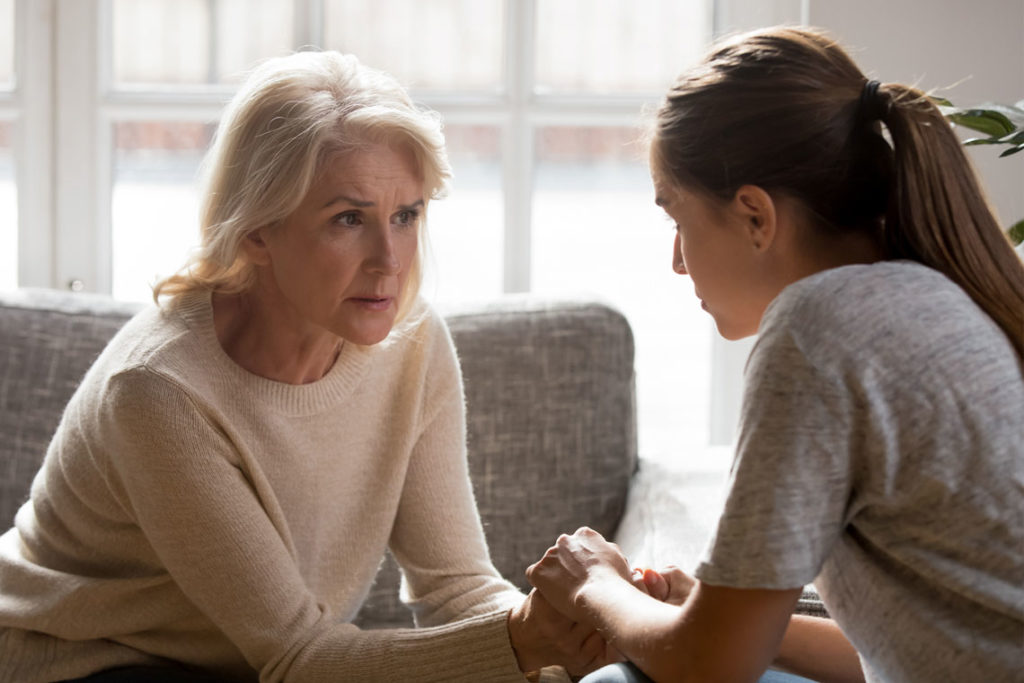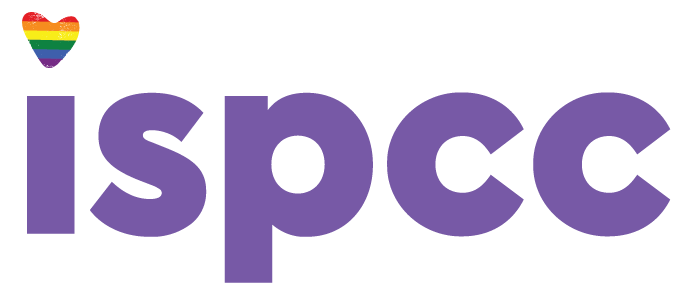
How to spot the warning signs and find the resources to help you and your child.
As a parent, all you want to do is keep your child safe, whether it’s warning them not to walk off with strangers or simply reminding them to look both ways when crossing the road.
Unfortunately, you can’t keep an eye on your child 24 hours a day and this becomes even more challenging when they’re online.
Signs of Grooming
It can be difficult to spot the signs of grooming as they could be written off as “normal” teenage behaviour. But there are some signs that you should look out for:- Being very secretive about how they’re spending their time both online and offline.
- Having gifts such as new clothes or electronics that they can’t or refuse to explain.
- Being upset, withdrawn or distressed.
- Spending more time away from home.
- Sexualised behaviour, language or an understanding of sex that’s not appropriate for their age.
What should I do?
Finding out that your child may have been groomed is a frightening experience. But it’s important to remember that you’re not alone and help and support are available to you and your family.- If your child tells you that they think they’re being groomed, listen carefully to them and tell them they’ve done the right thing by telling you.
- Remind them that it’s not their fault and that you’re taking what they’re saying seriously.
- Ask your child if they have evidence of the grooming such as screenshots of conversations or messages.
- Stop the communication but don’t delete the account as the Gardaí may need it for evidence.
- Do not confront the alleged groomer.
- Report what your child has told you to your local Garda Station and/or the Garda Child Sexual Abuse Helpline 1800 555 222. You can also call Childline on 1800 66 66 66.
Points to Consider
- Grooming is when someone builds a relationship, trust and emotional connection with a child or young person so they can manipulate, exploit and abuse them.
- Some signs include: being very secretive about how they’re spending their time both online and offline, having gifts such as new clothes or electronics that they can’t or refuse to explain and sexualised behaviour, language or an understanding of sex that’s not appropriate for their age.
- If your child tells you that they think they’re being groomed, listen carefully to them and tell them they’ve done the right thing by telling you.
- Stop the communication but don’t delete the account as the Gardaí may need it for evidence.
- Report what your child has told you to your local Garda Station and/or the Garda Child Sexual Abuse Helpline 1800 555 222.
